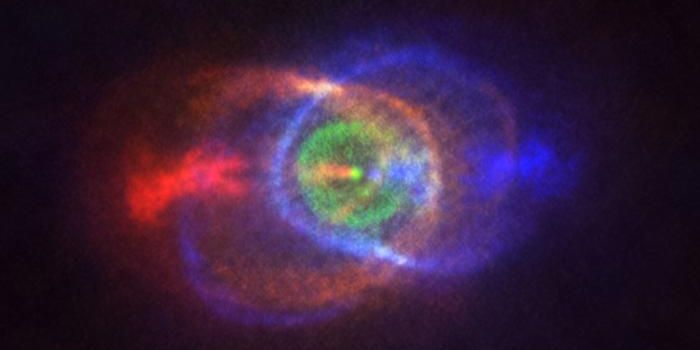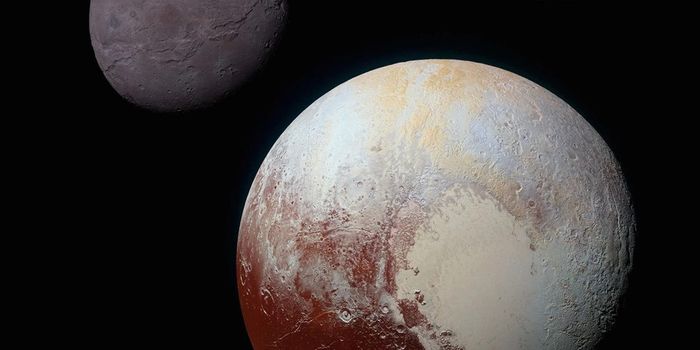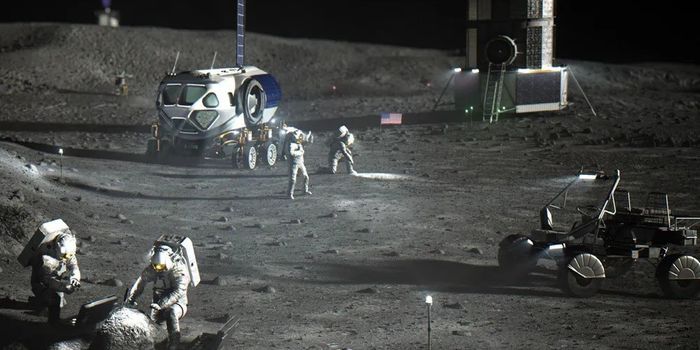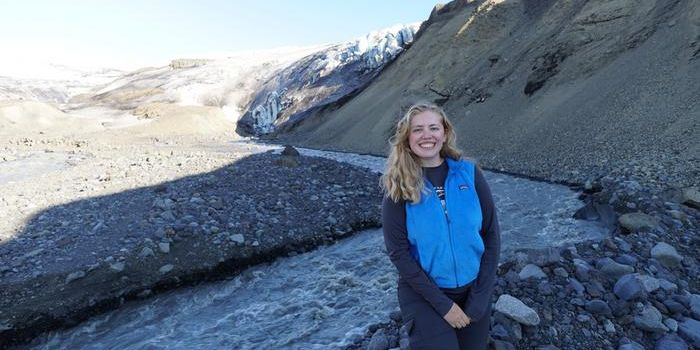Earth's Core has 70 Times More Hydrogen than the Oceans
Researchers from the University of Tokyo have found that under certain extreme conditions, hydrogen particles can bond strongly to iron. This, they say, explains why the Earth's outer core is significantly less dense than its inner core.
To understand how the Earth’s core works, researchers use techniques involving seismic data to understand its composition and density. It is from these measurements, that they have been able to calculate that the Earth's core is primarily made from iron. However, its liquid part- the ‘liquid iron’ surrounding the Earth’s iron core- has a lower density than would be expected of pure iron.
As such, the researchers suspected that there must be an abundance of lighter elements in this outer core. To understand how this may be the case, they set out to examine the behavior of water in lab experiments involving metallic iron and silicate compounds to simulate the metal-silicate (core-mantle) reactions while the Earth was forming.
In doing so, they found that when water meets iron, the majority of its hydrogen dissolves into the metal while its oxygen reacts with the iron and integrates into the silicate materials. Hydrogen’s inability to bind to iron under temperatures and pressures we see on the surface led the researchers to wonder how it may work in more extreme circumstances.
To test how this may happen, they compressed metal and water-bearing silicate analogues in a diamond anvil capable of providing pressures of 30-60 gigapascals. They then heated the anvil to 3100- 4600 kelvin with a laser. They observed how the sample reacted via secondary ion mass spectroscopy, a high-resolution imaging technology. In doing so, they were able to confirm that hydrogen can bind with iron under extreme conditions.
"This finding allows us to explore something that affects us in quite a profound way," says Professor Kei Hirose, lead author of the research.
"That hydrogen is siderophile (‘iron-loving’) under high pressure tells us that much of the water that came to Earth in mass bombardments during its formation might be in the core as hydrogen today. We estimate there might be as much as 70 oceans' worth of hydrogen locked away down there. Had this remained on the surface as water, the Earth may never have known land, and life as we know it would never have evolved."
Sources: EurekAlert, Nature Communications









